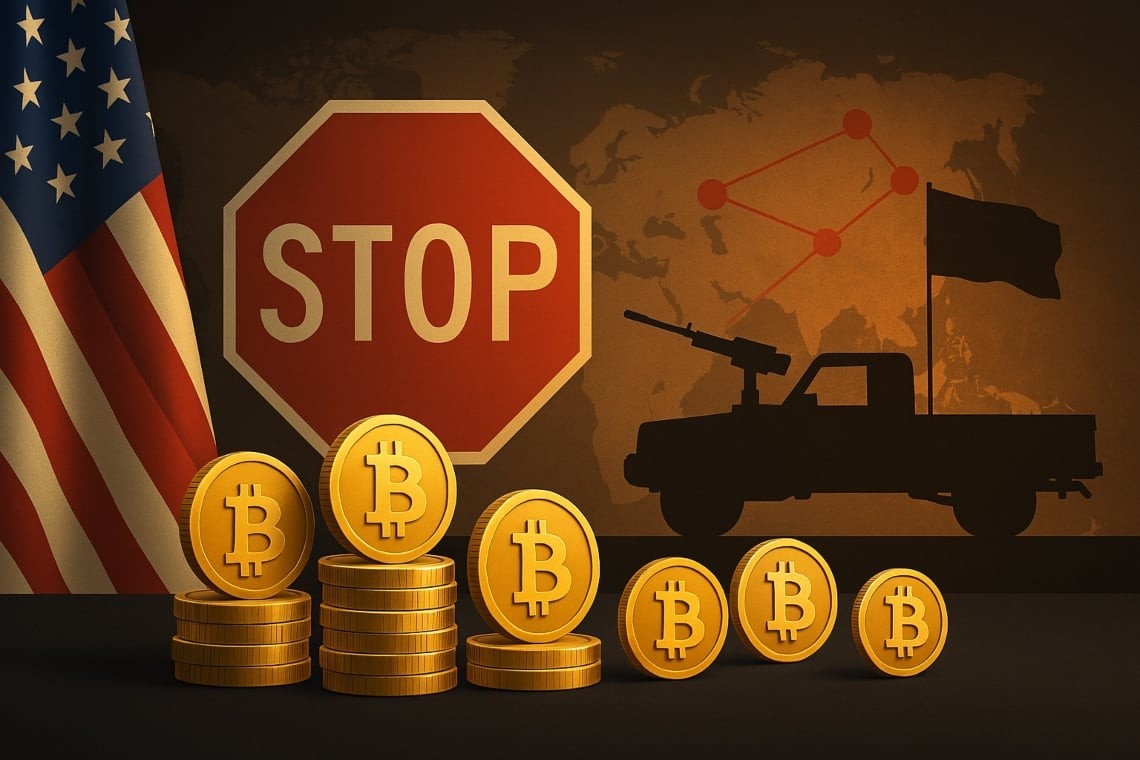
The United States Treasury Department has taken action against eight cryptocurrency wallet addresses connected to the Russian exchange Garantex and Yemen's Houthi movement, following the discovery of nearly $1 billion in suspicious transactions.
According to investigations by blockchain analysis firms Chainalysis and TRM Labs, two of the sanctioned addresses were hosted on major cryptocurrency platforms, while six were privately controlled. The majority of these funds were reportedly used to support Houthi military operations in Yemen and the Red Sea region.
The Houthis, also known as Ansar Allah, have emerged as a powerful political and military force in Yemen's ongoing conflict. The group has conducted multiple attacks on civilian and military vessels in the Red Sea using missiles and drones, leading to their designation as a foreign terrorist organization by the US government in January.
Garantex, a Russian cryptocurrency exchange, has been under scrutiny since March when it was shut down for alleged money laundering activities. Tether, the stablecoin operator, froze $27 million in USDT on the platform, forcing it to cease operations. The exchange attempted to rebrand as "Grinex" but faced continued monitoring from authorities.
A breakthrough in the Garantex case came with the arrest of Lithuanian national Aleksej Bešciokov in India. He faces US charges including conspiracy to commit money laundering, operating an unlicensed money-transmitting business, and violating international economic powers regulations.
Slava Demchuk, a crypto money laundering specialist and UN consultant, noted that these sanctions reflect cryptocurrency's growing role in geopolitical conflicts and terrorism financing. The move signals increased regulatory attention on both centralized and decentralized crypto platforms.
The Treasury's action represents a clear stance that cryptocurrency transactions are not beyond the reach of international oversight, particularly when linked to sanctioned entities or terrorist organizations.